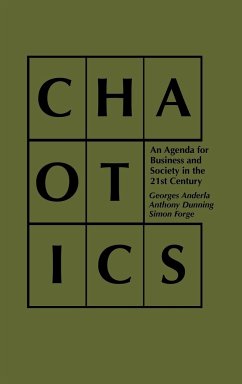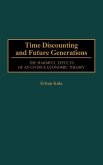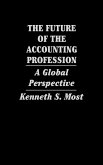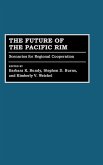The new discipline of chaotics will alter our thinking about the real forces of change in our society. As presented here, chaotics emphasizes that the real world cannot be understood in terms of conventional deterministic philosophies or standard chaos theory, but that complexity in itself has a powerful but subtle role to play. How does this apply to business and society? To what degree are our lives governed by misguided notions-or do our businesses succeed by chance-because real societal and business forces and their effects are not really understood? Beginning with the foundations of the discipline, this book applies chaotics to business and wealth creation and to society. On the social side, it examines a sea-change in the philosophy of everyday living, be it the concept of employment or our relationship to the environment. The book examines personal identity and its loss in modern society, as well as the search for new contacts and gratification through technology. The authors look at the stunted growth of philosophy against science but emphasize what philosophy has to tell us in a chaotic world. A major new text which will be of interest to professionals and scholars in business, government, and society.
Bitte wählen Sie Ihr Anliegen aus.
Rechnungen
Retourenschein anfordern
Bestellstatus
Storno








